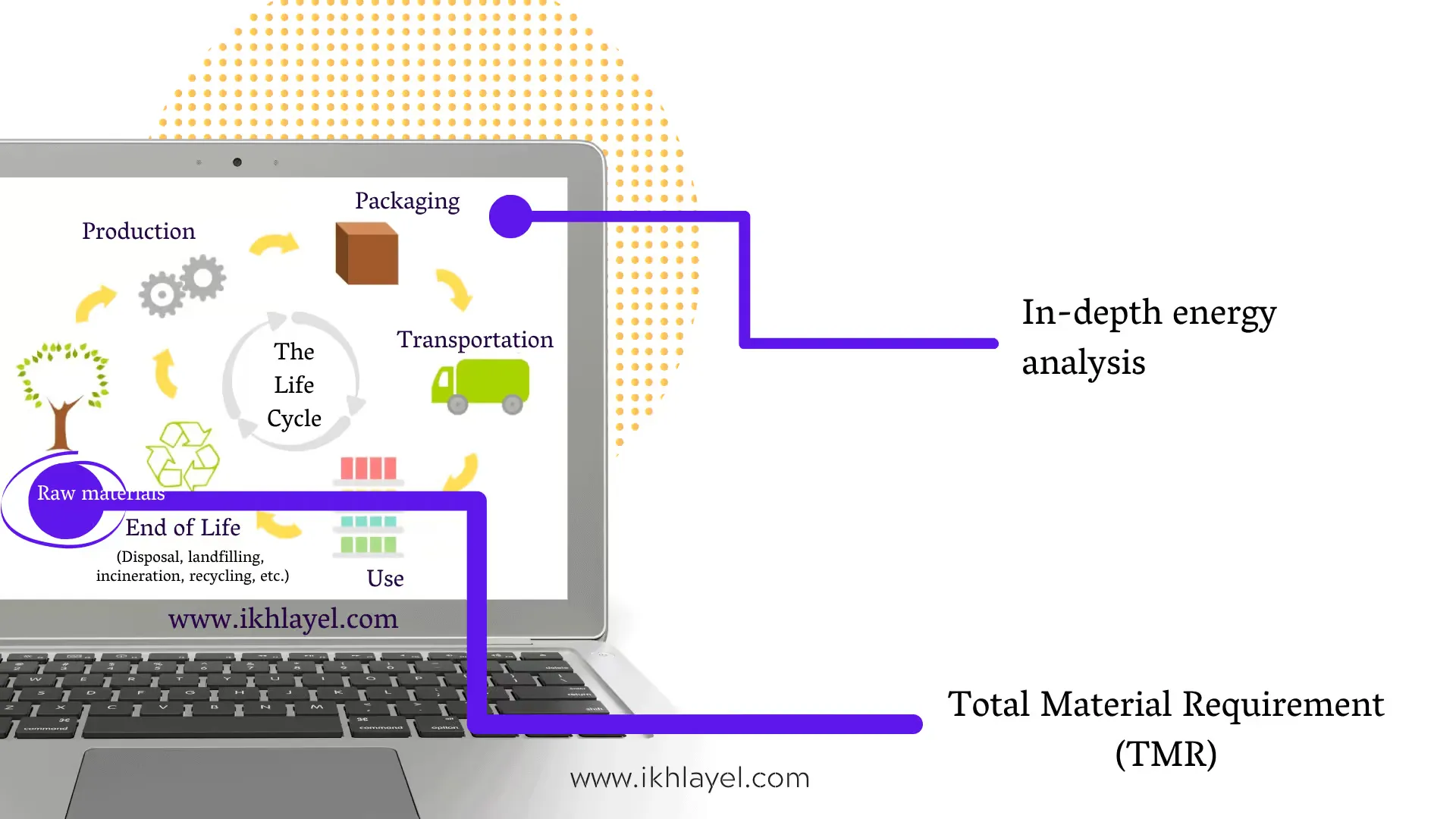Research Themes
Research Themes & Expertise
Sustainability, Sustainable Development, & SDGs

When it comes to sustainability, Sustainable Development (SD), education for sustainable development (ESD), and the Sustainable Development Goals (SDGs), I am focusing my research on finding a win-win solution for today’s most complex environmental issues. The goal is to achieve a sustainability level that reflects its three pillars: the environment, the economy, and society. Concerning SD, my research moves from traditional natural resource use to globally sustainable use. Not exclusively for natural resources, but environmental management systems such as solid waste management schemes. Focusing on developed and developing countries in this research work. ESD is another crucial element of these themes. Society must reach a satisfactory ESD level, particularly the younger generation, to raise public awareness and transition to sustainable societies. Their indicators supply a valuable toolkit for the SDGs, which I often use or propose my indicators to measure how far countries, cities, or corporations can reach their SD targets.
Sustainability, overall, is a broad concept. In some instances, it must be defined at the local or regional level. These definitions are crucial because they set up a roadmap for reaching the SDGs. Typically, sustainability issues are complex issues due to several aspects involved: environmental, economic, and social aspects. Therefore, I always suggest addressing sustainability issues with integrated, life-cycle approaches and mixed research methods.
Life Cycle Assessment (LCA)



Life Cycle Assessment (LCA) is a well-established method that can support the discussion and evaluation of sustainability issues from an environmental perspective, the achievement of the SDGs, and the assessment and understanding of technology development impacts, how to enhance systems or technologies to lower GHG emissions to mitigate the impact of climate change, reduce their toxicity potentials for both human health and ecosystem, and so forth.
LCA uses Life Cycle Inventory (LCI) data to survey and evaluate the diverse impact of a defined product, process, organization, or service. Extraction of raw materials (mining activities) through end-of-life (EoL) final disposal. The EoL is a waste management system; it might consist of some of these technologies: landfills, recycling, incineration, and composting. Therefore, the waste management phase (EoL) is a crucial phase of any technological development. The assessment with LCA can be defined based on the system boundaries and the scope of the study. For example, Cradle-to-Gate (complete life-cycle), Cradle-to-Gate (from raw material extraction to manufacturing), Gate-to-Gate (manufacturing only, transportation only, use only, EoL only), or Gate-to-Grave (the use or production ion to EoL). LCI data is complex and is one of the critical challenges we face when conducting an LCA study on data availability, applicability, and accuracy. LCA is my tool for sustainability and technology evaluation research work and other applications as well. My current research focuses on the applications of the LCA. My future research will focus on contributing to the development of the LCA method itself.
Social Life Cycle Assessment (S-LCA)
It is an LCA-like research theme. While LCA deals with environmental aspects, S-LCA deals with social ones.
Integrated Waste Management Systems & Waste Electrical and Electronic Equipment (WEEE; e-waste) & it's Climate Change Mitigation
Researching integrated waste management systems for years and published several articles on sustainability issues for Waste Electrical and Electronic Equipment (WEEE; or e-waste) and Municipal Solid Waste (MSWM) management for both the developed and developed country contexts. My motivation was to tackle these two issues in developing countries where waste management systems are primal. E.g., unsanitary landfilling, open dumpsites, and informal recycling, burning waste are widely seen in several developing countries, especially those with low or min income. For instance, several countries in the Middle East and North Africa (MENA) region and some countries in South Asia, Africa, etc. For the developed countries, I studied and evaluated the state of the art of e-waste management systems for several home appliances (or e-products) such as smartphones, TVs, laptops, desktop computers, refrigerators, and washing machines. Assessed the environmental impacts of each management technology (recycling, landfill, and incineration) for the components of these electronic products, such as metals. (Precious and base metals, paper, plastic, printed circuit boards, harmful content of e-products, glass, etc.). These environmental assessments are for 10+ environmental issues of concern. My future research on this theme is to study the environmental impacts of the electronics components in electric devices through modeling techniques, electronic engineering principles, and LCA. Also defined a modern concept of Integrated Waste Management (IWM) and proposed some approaches with integrated thinking and Life-cycle thinking to tackle these issues and understand each waste management technologies’ pros and cons of a specific e-product. In literature, so far, the concept of IWM is often mentioned in journal articles but rarely is seen in practice in such publications. When it comes to developing countries, a significant problem a researcher encounters are the lack of quality data to estimate the quantity of electronic waste products in a specific city or country.
Furthermore, the lack of a proper method can estimate electronic waste generation among the various existing methods. In researching this method, I have reviewed, confirmed all current methods, and developed a proper method for creating and generating electronic waste (e-waste inventory) for developing countries. Based on my research findings on this topic, I determined each method’s validity under what conditions. For the MSWM, I have examined environmentally and economically integrated MSWM scenarios for developing countries’ informers to deal with inappropriate waste handling practices in developing counts for MSWM and WEEE. Example countries of my work include Jordan, Lebanon, and Vietnam. Integrated waste management systems and waste-to-energy can contribute to climate change mitigation, and this research is one of my primary research interests.
Technology Evaluation & Environmental Policy
From a sustainability point of view, any technology in any industry must be evaluated based at least on its environmental and economic performance. The addition of the social dimension of innovative technologies can still improve individuals’ lives and societies. The social aspect is a wide range of issues, such as employment opportunities, lower poverty, and an archiving and integrated society. Social integrity in technology development is one of my interests. With that said, environmental policy is another interest in this regard. Driving or setting up new environmental policies based on techno assessing environmental and economic costs and revenues is crucial.
Hazardous Waste
Circular Economy & Resource Efficiency
Research on circular economy and resource efficiency is about transferring the linear (traditional) economy to a circular economy, where natural resources are still in the use loop as much as possible. Here I focus on developing circular economy indicators as we need an approach to measure our progress in moving from the line to the circular. Also interested in the efficient use of resources and products to avoid waste. Research on waste management can also be part of research on the circular economy and is particularly necessary for studies and recycling technologies.
Urban Environmental Resource Management & Planning
The world and cities are rapidly expanding. This growth is often coupled with environmental problems and releases environmental and health risks. Research focuses on urbanization’s environmental impacts, such as increased waste emissions, clean air and water, and growing consumption and demand for energy and resources. Energy studies are thus a vital part of this theme.
Chemical Process Simulation & Optimization
In this research theme, I focus on the chemical synthesis of green chemical technologies, from process development and modeling, process optimization, and energy reduction to assessing their actual environmental impacts. Focusing on the process’s hot spot in which the environmental impacts of an issue like Global warming Potential (GWP; GHG emissions) or toxicity can be lowered to an acceptable or competing level compared to other technologies. Moreover, I conduct a What-If analysis to examine different possibilities of other development routes of the same technology: safety, energy consumption, environmental performance, and economic feasibility.
Material Flow Analysis (MFA)
Material Flow analysis is also a vital toolkit or a methodological approach to support sustainability with its analytical capabilities to quantify all the flows and stocks of materials (also including substances) in a well-defined system. It enables researchers to consider aspects of human activity on different spatial and temporal scales, in a city, region, country, or globally. It is also a valuable tool to support setting up proper waste management systems, recycling systems, developing a circular economy, and applying its concepts.
Total Material Requirement (TMR)
The Total Material Requirement (TMR) is an expression of quantification of the total mass of any primary material we need to extract from nature to support human and industrial activities. With that said, it can be referred to as an “aggregated indicator” for both the traditional (linear) economy and the circular one. Again, other research themes presented on this page can be put together in an integrated manner to answer the question: of how human beings can reach a win-to-win solution for today’s most complex environmental issues. These issues, often associated with economic and social aspects, were all are based on the concept of sustainability.
On the Academic Community
Connect
Other academic profiles.

